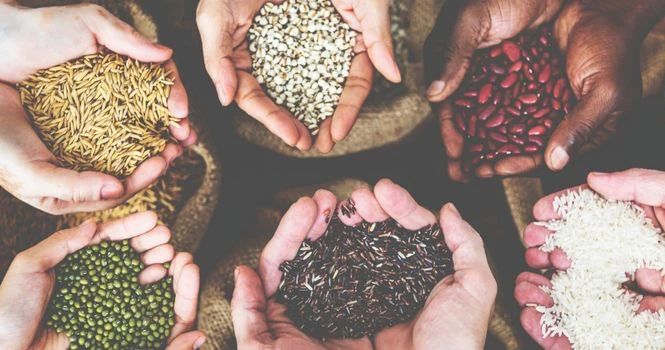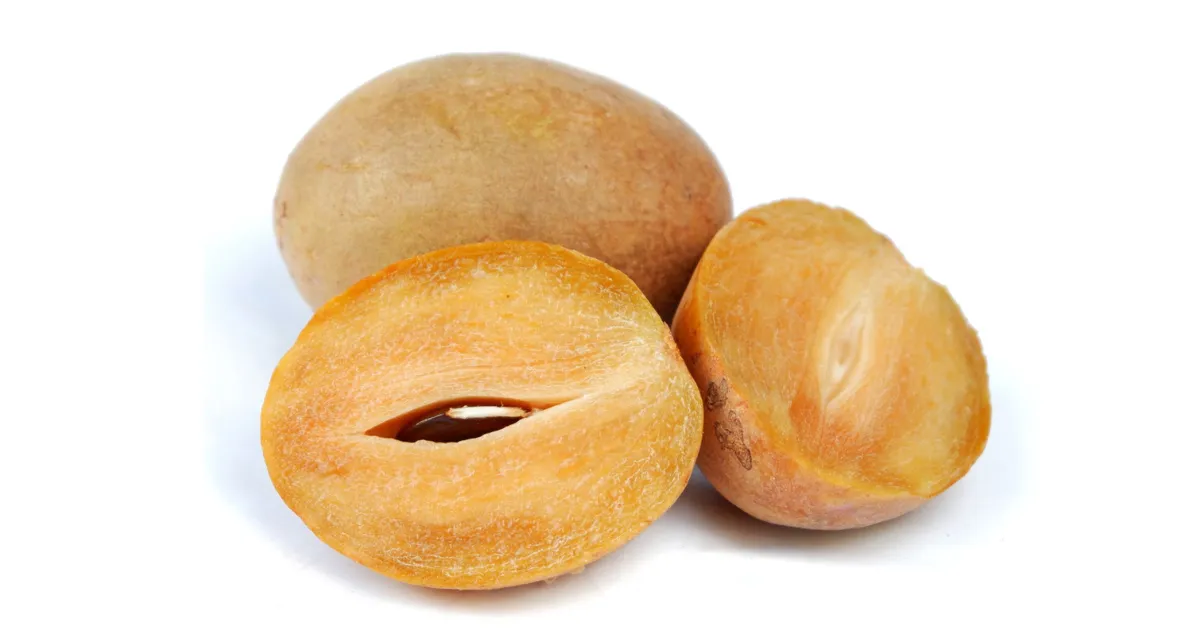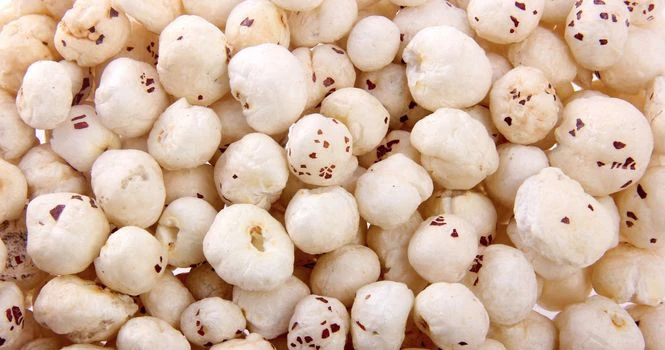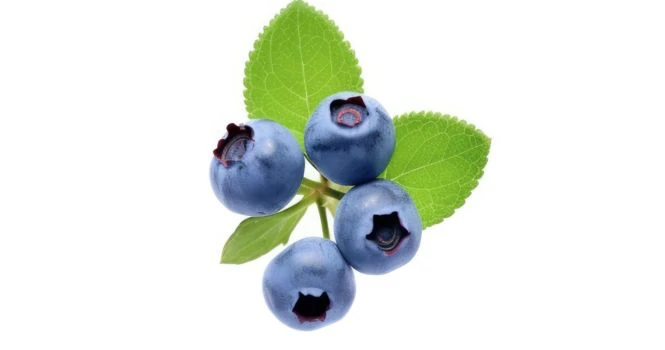Broccoli Vs Cauliflower: A Detailed Nutritional Comparison
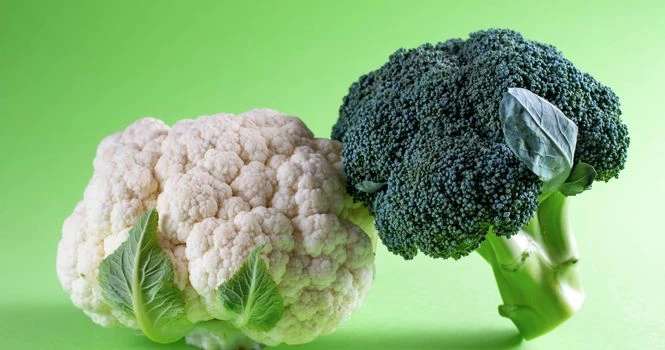
We will look into important Differences and Benefits of Broccoli Vs Cauliflower.
| Feature | Broccoli | Cauliflower |
| Botanical Family | Brassicaceae | Brassicaceae |
| Color | Green (common variety) | White (common variety) |
| Other Colors | Purple, White | Purple, Green, Orange |
| Texture | Slightly more fibrous | Softer, more crumbly |
| Flavor | Earthy, slightly bitter | Mild, slightly nutty |
| Vitamin C (100g) | About 89 mg | About 48 mg |
| Vitamin A (100g) | About 31 µg | Minimal (5 µg) |
| Vitamin K (100g) | About 101.6 µg | About 15.5 µg |
| Folate (100g) | About 63 µg | About 57 µg |
| Fiber (100g) | About 2.4g | About 2.0g |
| Protein (100g) | About 2.8g | About 1.9g |
| Calories (100g) | About 34 kcal | About 25 kcal |
| Carbohydrates (100g) | About 6.6g | About 5.0g |
| Water Content | Slightly less than Cauliflower | Slightly more than Broccoli |
| Typical Uses | Stir-fries, salads, steamed | Mashed, pizza crust, salads |
| Cooking Time | Cooks slightly quicker | Takes slightly longer |
| Flower Shape | More tight and clustered | More spread out, less dense |
Benefits of Broccoli Vs Cauliflower
Nutritional Profile:
Broccoli is slightly more nutrient-dense than cauliflower. A cup of raw broccoli contains more vitamin A, C, and K compared to a similar serving size of raw cauliflower. It also provides a good amount of fiber, potassium, and folate. Broccoli is known for its high protein content among vegetables.
Cauliflower, while not as nutrient-dense as broccoli, still offers plenty of vitamins and minerals. It is a good source of vitamins C and K and provides a decent amount of vitamin B6, folate, pantothenic acid, and fiber. Cauliflower also contains more choline, a nutrient essential for learning and memory.
Health Benefits:
Broccoli has numerous health benefits. It’s a powerful antioxidant with anti-inflammatory benefits, thanks to the presence of sulforaphane and other compounds. Broccoli supports heart health, bone health, immune function, and may even have anti-cancer properties.
Cauliflower, while not as rich in antioxidants as broccoli, is excellent for weight loss due to its low calorie and high fiber content. It also supports digestion and helps maintain bone health. Like broccoli, cauliflower is thought to have anticancer properties, primarily due to the presence of sulforaphane and other glucosinolates.
Culinary Uses:
Both broccoli and cauliflower are incredibly versatile and can be included in many dishes. They can be enjoyed raw, steamed, roasted, or sautéed.
Broccoli is often used in salads, stir-fries, soups, and casseroles. It has a slightly bitter and earthy flavor, and its florets and stalks are both edible.
Cauliflower is somewhat milder and sweeter than broccoli. It’s gained popularity as a low-carb substitute in dishes like cauliflower rice, cauliflower mash, or pizza crust. Like broccoli, both the florets and stalks of cauliflower can be consumed.
Frequently Asked Questions
Is Broccoli Good for High Cholesterol?
Yes, broccoli is beneficial for people with high cholesterol. It is high in soluble fiber, which helps in lowering cholesterol levels. The fiber binds with cholesterol in the digestive system and helps to remove it from the body. Additionally, broccoli contains antioxidants and other nutrients that can contribute to heart health.
Is Broccoli Hard to Digest?
Broccoli contains fiber and raffinose, a complex sugar. For some people, especially those with a sensitive gut or irritable bowel syndrome (IBS), consuming broccoli may cause gas and bloating due to the fermentation of these substances in the gut. Cooking broccoli can make it easier to digest by breaking down some of the fibers.
How Much Potassium is in Broccoli Vs Cauliflower?
Broccoli contains approximately 316 mg of potassium per 100g serving.
Cauliflower contains approximately 299 mg of potassium per 100g serving.
Both are good sources of potassium, but broccoli has a slightly higher content.
Broccoli Stem Vs Floret Nutrition: What’s Better?
Both the stem and florets of broccoli are nutritious, but there are slight differences:
- Florets have a higher concentration of some nutrients, including beta-carotene (a precursor to vitamin A) and vitamin C.
- Stems are slightly less calorific and have a milder flavor compared to florets.
It’s a good idea to consume both parts of the broccoli to obtain a broad range of nutrients.
Is Broccoli Inflammatory?
Broccoli is actually considered an anti-inflammatory food. It contains sulforaphane, a compound that has been shown to have anti-inflammatory effects.
Additionally, broccoli is rich in antioxidants, including vitamin C and flavonoids, which can help to combat oxidative stress, a key factor in inflammation.
Including broccoli in your diet may help in reducing chronic inflammation and associated diseases. However, as mentioned earlier, in some individuals with sensitive guts, broccoli may cause gas and bloating, which can be mistaken for inflammation.
![]()
